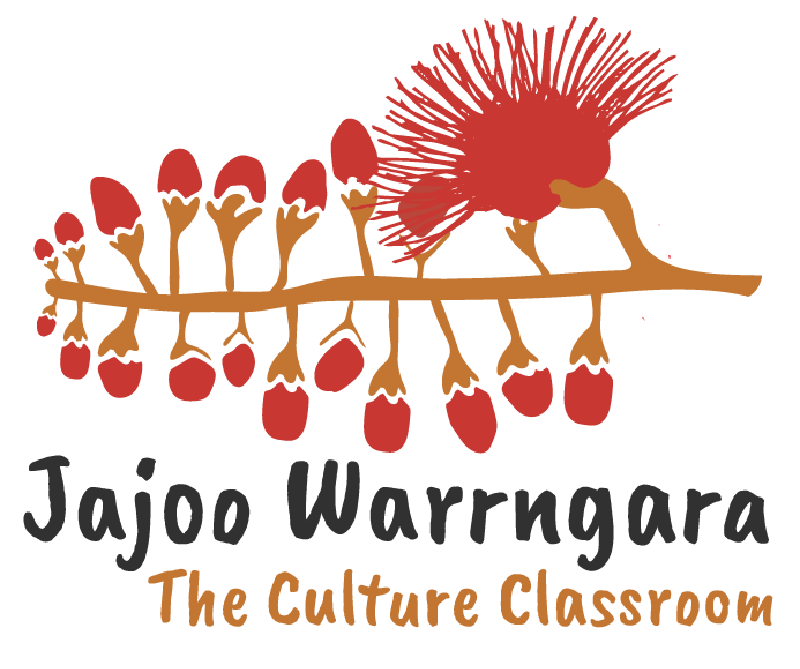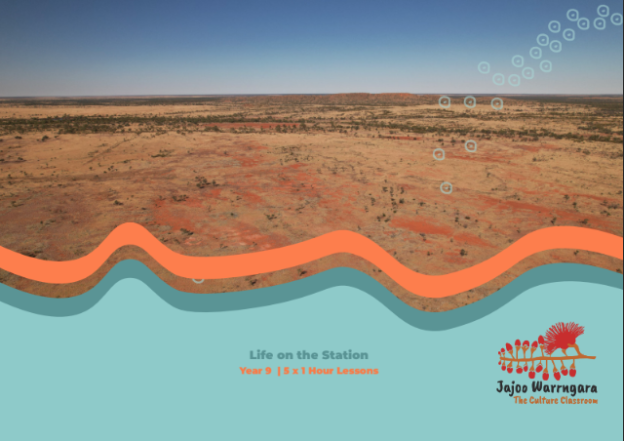Links to the Australian Curriculum v 9.0
Cross Curriculum Priorities
Aboriginal and Torres Strait Islander Histories and Cultures
A_TSICP1
First Nations communities of Australia maintain a deep connection to, and responsibility for, Country/Place and have holistic values and belief systems that are connected to the land, sea, sky and waterways.
A_TSICP2
The occupation and colonisation of Australia by the British, under the now overturned doctrine of terra nullius, were experienced by First Nations Australians as an invasion that denied their occupation of, and connection to, Country/Place.
A_TSICP3
The First Peoples of Australia are the Traditional Owners of Country/Place, protected in Australian Law by the Native Title Act 1993 which recognises pre-existing sovereignty, continuing systems of law and customs, and connection to Country/Place. This recognised legal right provides for economic sustainability and a voice into the development and management of Country/Place.
A_TSIC1
First Nations Australian societies are diverse and have distinct cultural expressions such as language, customs and beliefs. As First Nations Peoples of Australia, they have the right to maintain, control, protect and develop their cultural expressions, while also maintaining the right to control, protect and develop culture as Indigenous Cultural and Intellectual Property.
A_TSIC3
The First Peoples of Australia (Aboriginal Peoples) belong to the world’s oldest continuous cultures. First Nations Australians demonstrate resilience in the maintenance, practice and revitalisation of culture despite the many historic and enduring impacts of colonisation, and continue to celebrate and share the past, present and future manifestations of their cultures.
A_TSIP3
The significant and ongoing contributions of First Nations Australians and their histories and cultures are acknowledged locally, nationally and globally.
Curriculum Links
AC9HH9K01
The causes and effects of European imperial expansion and the movement of peoples in the late 18th and early 19th centuries, and the different responses to colonisation and migration
AC9HH9K02
The key social, cultural, economic and political changes and their significance in the development of Australian society during the period (squatocracy, Elizabeth McArthur)
AC9HH9K03
The causes and effects of European contact and extension of settlement, including their impact on the First Nations Peoples of Australia (destruction of cultural lifestyles)
AC9HH9K04
Significant events, ideas, people, groups and movements in the development of Australian society (exploring wool, beef, mining industries and their contribution to Australia but also the associate impacts of people and eco systems)
AC9HH9K05
Continuities and changes and their effects on ways of life and living conditions, political and legal institutions, and cultural expression around the turn of the 20th century in Australian society
AC9HH9K06
Different experiences and perspectives of colonisers, settlers and First Nations Australians and the impact of these experiences on changes to Australian society's ideas, beliefs and values
AC9HH9K07
The development of Australian society in relation to other nations in the world by 1914, including the effects of ideas and movements of people
AC9HC9S01
Develop and modify questions to investigate Australia’s political and legal systems, and contemporary civic issues
AC9HC9S03
Analyse information, data and ideas about political, legal or civic issues to identify and evaluate differences in perspectives and interpretations
AC9E9LE01
Analyse the representations of people and places in literary texts, drawn from historical, social and cultural contexts, by First Nations Australian, and wide-ranging Australian and world authors
AC9E9LE06
Create and edit literary texts, that may be a hybrid, that experiment with text structures, language features and literary devices for purposes and audiences
AC9E9LY01
Analyse how representations of people, places, events and concepts reflect contexts
AC9E9LY06
Plan, create, edit and publish written and multimodal texts, organising, expanding and developing ideas, and selecting text structures, language features, literary devices and multimodal features for purposes and audiences in ways that may be imaginative, reflective, informative, persuasive, analytical and/or critical
AC9E9LY07
Plan, create, rehearse and deliver spoken and multimodal presentations for purpose and audience, using language features, literary devices and features of voice such as volume, tone, pitch and pace, and organising, expanding and developing ideas in ways that may be imaginative, reflective, informative, persuasive, analytical and/or critical
AC9ADR10C01
Improvise and devise drama, and interpret scripted drama, using elements of drama and conventions to shape and manipulate dramatic action and convey intended ideas, perspectives and/or meaning
AC9ADR10C02
Rehearse and refine drama making deliberate aesthetic choices to unify dramatic meaning
AC9ADR10P01
Perform improvised, devised and/or scripted drama to audiences, using performance skills and conventions to shape the drama.
Unit Content



